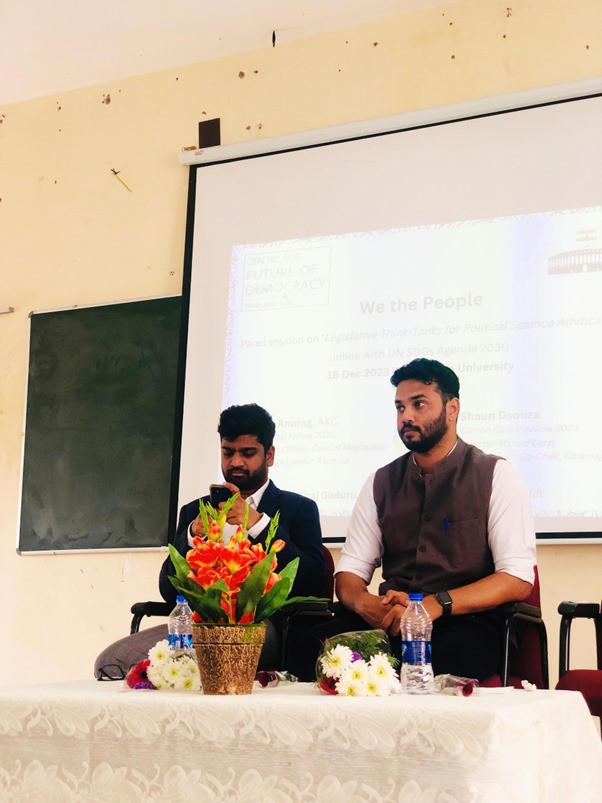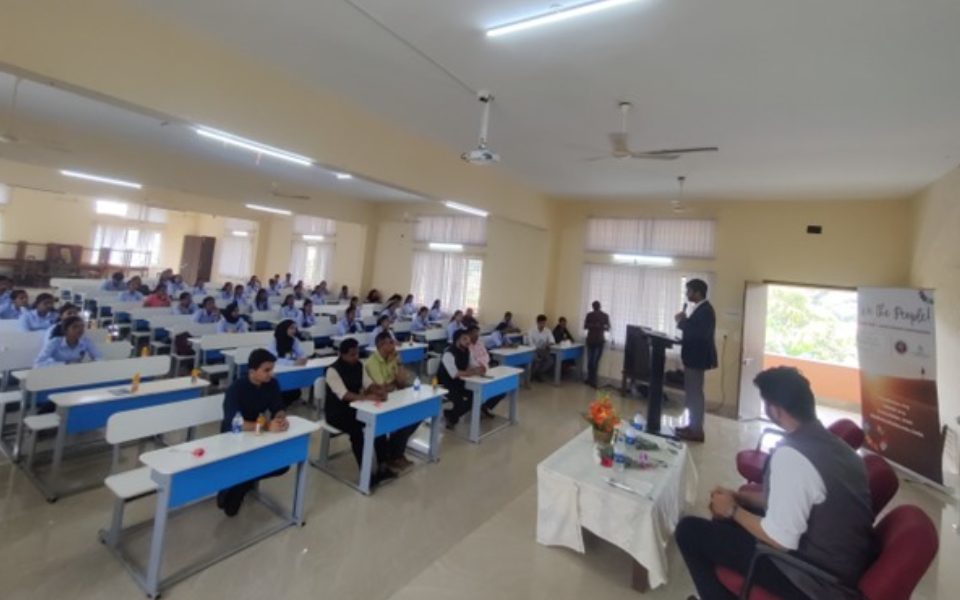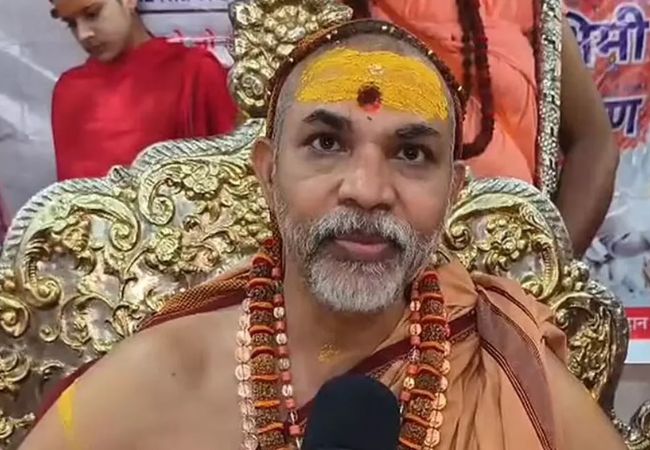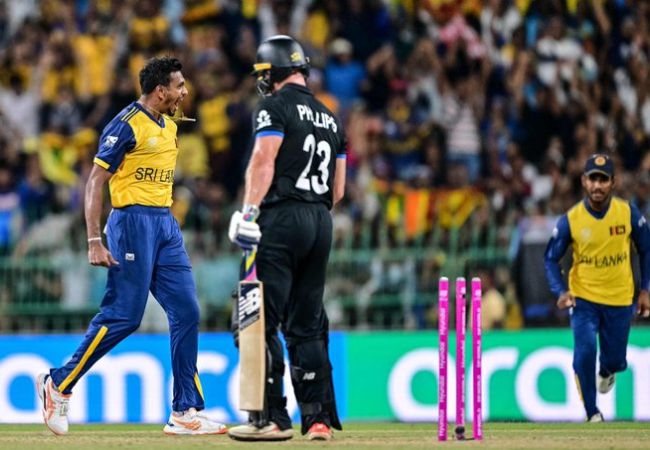Mangaluru: The Centre for Future of Democracy, in collaboration with Yes We Can and NSWS, conducted an insightful session at Mangalore University. The event, held recently, was focused on Legislative Think Tanks and Social Empowerment in alignment with the 2030 Sustainable Development Goals (SDGs). The session was aimed at providing insights and experiences to political science advocates and students from the Department of MSW.
Guests, Stephen Anurag, a Clinton Global Fellow and NISG Project Officer for the Government of Meghalaya, and Shaun Dsouza, a Clinton Global Fellow of 2023 and Director of Myriad Corp, were featured speakers at the event.
Both speakers engaged with the students, sharing their perspectives and encouraging discussions on the impact and scope of social work and political empowerment for the future.
Faculty members from the Department of MSW set the stage for the discussion, emphasizing the importance of exploring ideas rooted in social work to contribute to the achievement of sustainable goals. Stephen Anurag took the opportunity to extend internship opportunities for MSW students in the Centre for Future of Democracy, providing them with practical exposure to real-world scenarios.
The collaborative effort between the Centre for Future of Democracy, Yes We Can, and NSWS aimed to empower the younger generation to participate in shaping the future of democracy and contribute to the accomplishment of the SDGs.
The event, hosted at Mangalore University, emphasized the crucial role of social work in legislative processes, social advocacy, indirect participation of youth in politics, social entrepreneurship, and political advocacy.

Let the Truth be known. If you read VB and like VB, please be a VB Supporter and Help us deliver the Truth to one and all.
Lucknow (PTI): The Uttar Pradesh Congress on Wednesday staged a statewide protest demanding a fair and transparent inquiry into the FIR lodged against Swami Avimukteshwaranand Saraswati and those who filed the complaint against him.
In a statement issued here, the party said memorandums addressed to Prime Minister Narendra Modi were submitted through district magistrates in all districts of the state.
Uttar Pradesh Congress spokesperson Manish Hindvi told PTI that the memorandums were handed over through the district administration in all 75 districts.
In the memorandum, the party alleged that Saraswati and his disciples were "unnecessarily harassed and humiliated" by police on the occasion of Amavasya and were prevented from taking a ritual bath (at the Magh Mela). It further alleged that some disciples were manhandled and taken to a police station.
The memorandum also claimed that an FIR was later registered against Saraswati, his disciple Swami Mukundanand Brahmachari and several unidentified persons in a sexual harassment case. It termed the case a "conspiracy" aimed at tarnishing the seer's reputation.
Citing Articles 25 and 26 of the Constitution, the memorandum stated that these provisions guarantee religious freedom and the right of religious denominations to manage their own affairs.
It described the position of shankaracharya held by Saraswati as "one of the highest spiritual posts in Sanatan tradition" and alleged that the entire episode appeared to have been "orchestrated in a planned manner".
"We request that the background of the persons who got the FIR registered be investigated in a transparent manner by a retired high court judge and strict action be taken against them," the memorandum said.
It also sought a "fair and transparent probe" into the allegations levelled against Saraswati so that the truth could be established.
Earlier, Uttar Pradesh Congress president Ajay Rai had told reporters in Varanasi after meeting Saraswati that the party stood firmly with him.
The Congress said it would continue to press for an impartial inquiry into the entire episode.
On February 21, an FIR was lodged in Prayagraj against Saraswati and his disciple Mukundanand Brahmachari on charges of sexually abusing two persons, including a minor, over the past year at a gurukul and religious congregations, including the recently concluded Magh Mela.
Days after he was booked, Saraswati had said on Monday that he would not oppose his arrest and asserted that the "fabricated story" would be exposed sooner or later.
At a press conference on Wednesday, Saraswati alleged that criminals rule in Uttar Pradesh, level allegations and influence investigations, as he denied having any contact with the two persons for whose alleged sexual abuse he has been booked.



_vb_77.jpeg)
_vb_00.jpeg)
